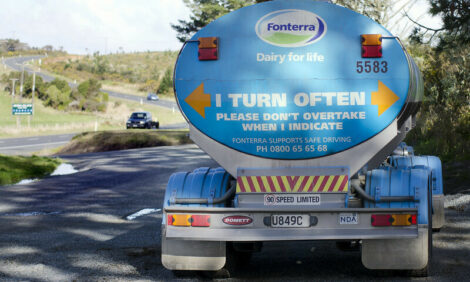



US Milk Producers Say Export Growth Limited by Foreign Subsidies
US - Dairy support programmes around the world are hampering the US dairy industry's efforts to sell more products abroad, the National Milk Producers Federation has said in a testimony to the House Agriculture Committee.Despite this, the US industry went from exporting less than $1 billion in dairy products in 2000 to $7.1 billion last year.
“Trade agreements have helped make this possible by lowering and removing barriers to our exports,” said Jaime Castaneda, NMPF’s senior vice president. “However, they have done little to constrain the use of domestic supports in the dairy sector or agriculture as a whole.”
Foreign dairy subsidies take different forms, ranging from direct aid, to import protections and what NMPF call regulatory measures designed to give foreign dairy producers an advantage over US competitors. Mr Castaneda said the 28-nation European Union is the biggest provider of direct dairy support, including most recently, emergency aid to producers to counter low prices.
Mr Castaneda said American producers also take issue with European laws protecting products from particular areas, such as feta or parmesan cheese. American producers cannot sell products labelled with these names within the European Union. “What better way to impede or prevent imports of a given product than to ban the use of its name?” Mr Castaneda said.
Other major countries providing direct support to their dairy farmers include Canada, India, New Zealand, and Japan, among many others, he said.
“While the United States has reduced its dairy subsidies and support mechanisms, other countries have maintained and expanded theirs,” Mr Castaneda said.
TheCattleSite News Desk


